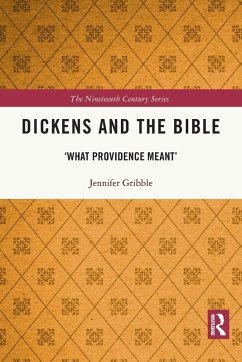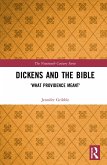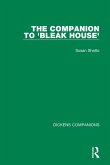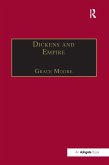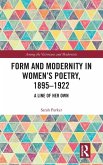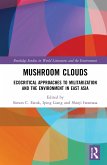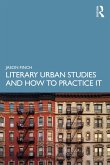At a time when biblical authority was under challenge from the Higher Criticism and evolutionary science, 'what providence meant' was the most keenly contested of questions. This book takes up the controversial subject of Dickens and religion, and offers a significant contribution to the interdisciplinary area of religion and literature. In a close study of major novels, it argues that networks of biblical allusion reveal the Judeo-Christian grand narrative as key to his development as a writer, and as the ontological ground on which he stands to appeal to 'the conscience of a Christian people'. Engaging the biblical narrative in dialogue with other contemporary narratives that concern themselves with origins, destinations, and hermeneutic decipherments, the inimitable Dickens affirms the Bible's still-active role in popular culture. The providential thinking of two twentieth-century theorists, Bakhtin and Ricoeur, sheds light on an exploration of Dickens's narrative theology.
"Comprehensive, lucid, brilliant, illuminating, and readable, Dickens and the Bible: What Providence Meant explains how the Judeo-Christian grand narrative extending from Eden to the Fall and finally to salvation--the providential plot--structures Dickens's stories. Jennifer Gribble places his work, appropriately, in the midst of the religious wars that racked Britain in the nineteenth century. She also demonstrates the ways in which the conflicts between theories of divine order, natural selection, and human choice resound in the theories of our time, and discovers how they are richly and complexly embedded in Dickens's writings and artistic credo."
Robert L. Patten, Lynette S. Autrey Professor Emeritus in Humanities, and Emeritus Professor of English, Rice University
"How might we understand the theological references that permeate the work of Charles Dickens? It's a challenging question, and one that has proved difficult for generations of critics. With this in mind, I am immensely grateful for Jennifer Gribble's wonderful new book. Bringing together an attentive reading of Dickens with a rare level of theological sensitivity and understanding, Gribble helps us to register the complexity of religion in the work of this influential Victorian author and see why the theological references matter."
Mark Knight, Professor in Literature, Religion, and Victorian Studies, Lancaster University.
Robert L. Patten, Lynette S. Autrey Professor Emeritus in Humanities, and Emeritus Professor of English, Rice University
"How might we understand the theological references that permeate the work of Charles Dickens? It's a challenging question, and one that has proved difficult for generations of critics. With this in mind, I am immensely grateful for Jennifer Gribble's wonderful new book. Bringing together an attentive reading of Dickens with a rare level of theological sensitivity and understanding, Gribble helps us to register the complexity of religion in the work of this influential Victorian author and see why the theological references matter."
Mark Knight, Professor in Literature, Religion, and Victorian Studies, Lancaster University.

